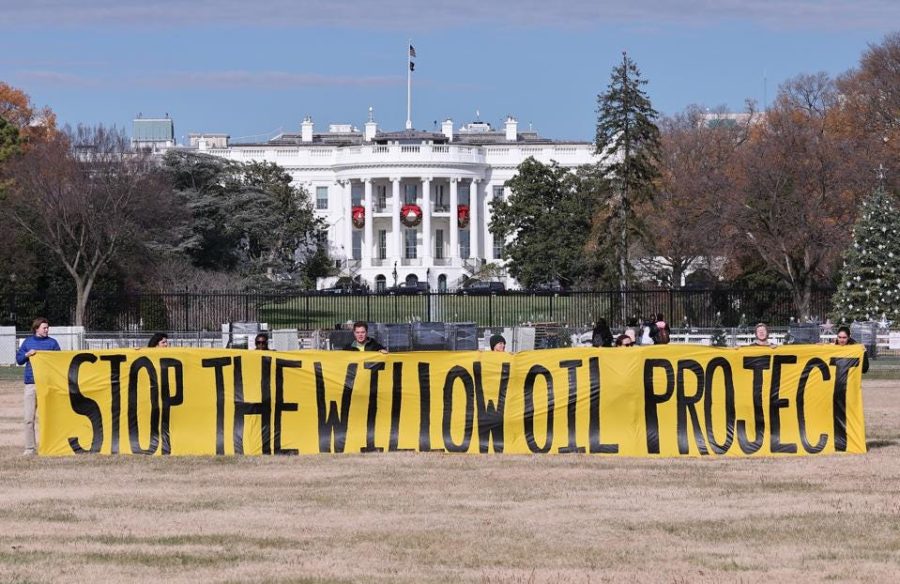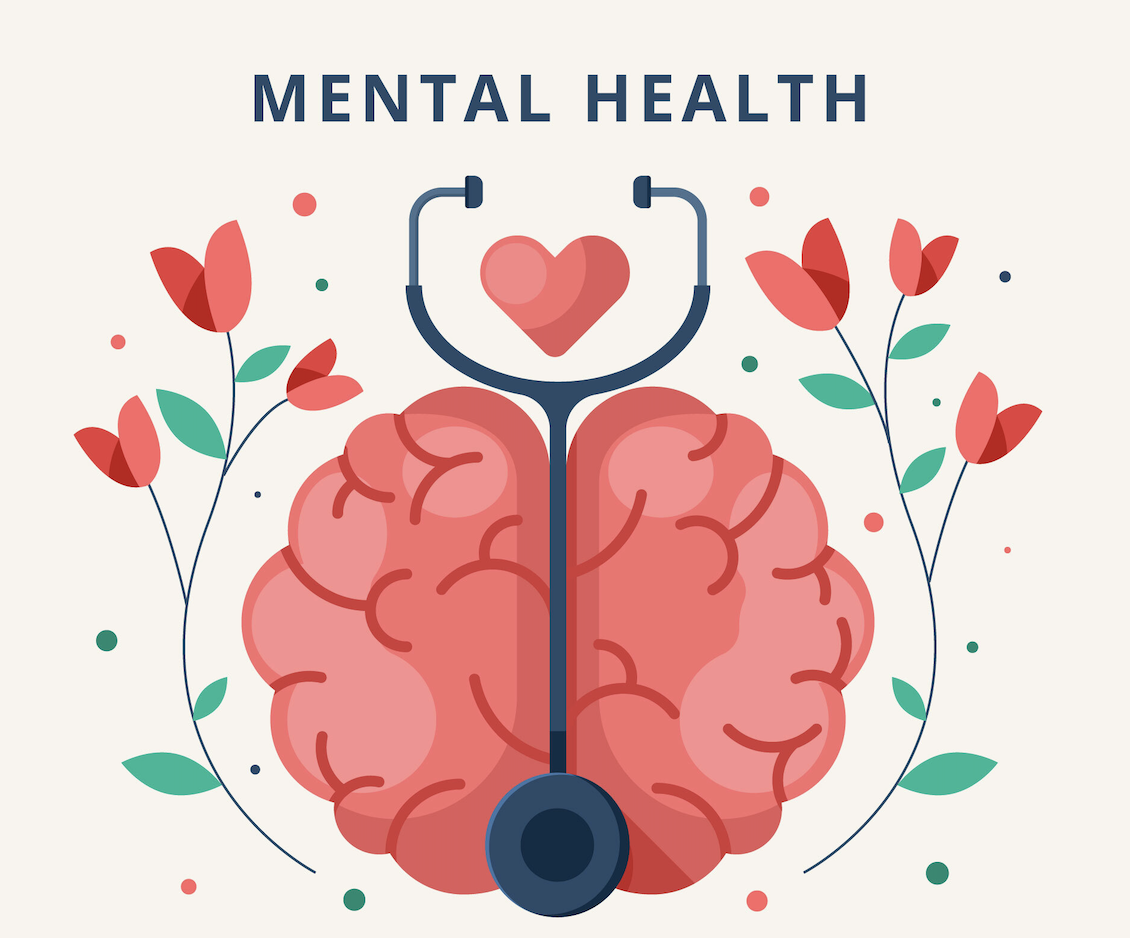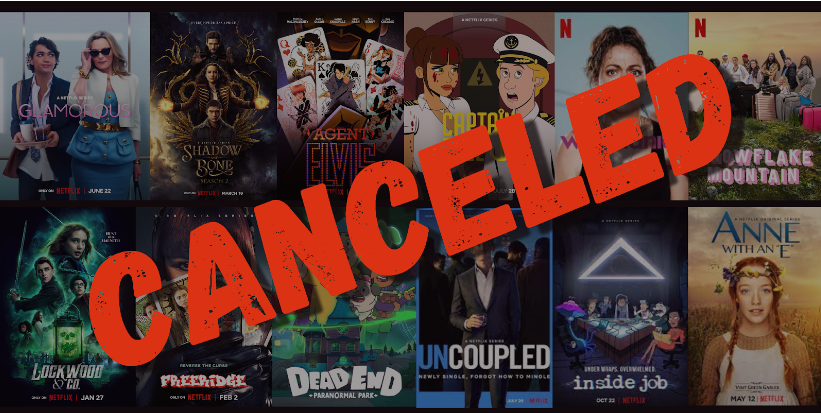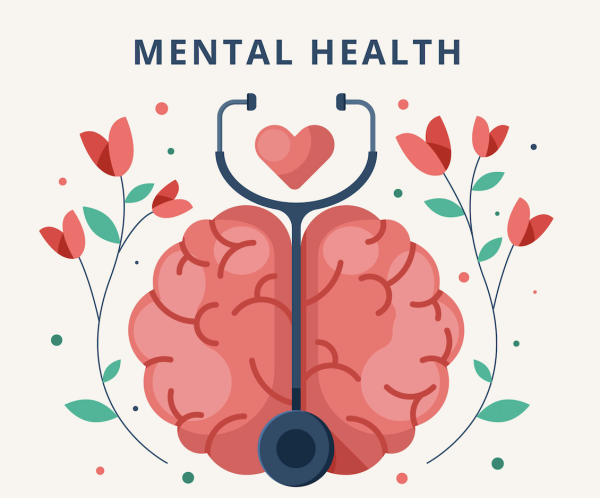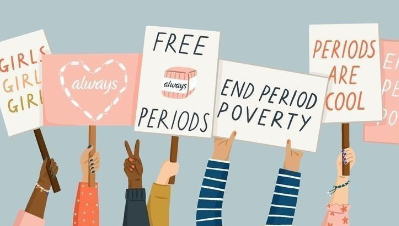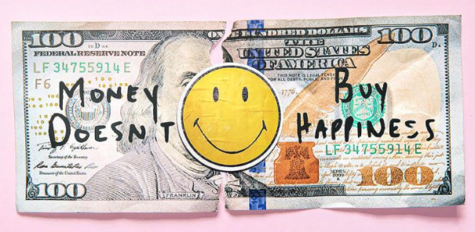What Can You Do to Save Our Earth?
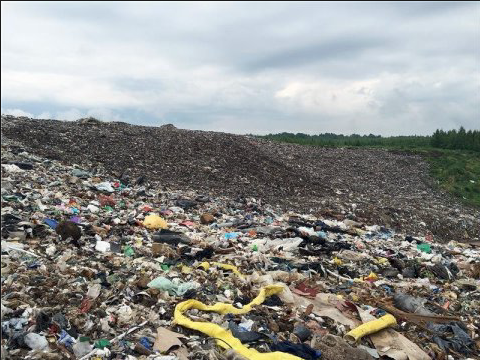
March 25, 2019
The amount of waste in the environment is a major problem in the world today. Trash litters our oceans and sits in landfills for hundreds of thousands of years. The amount of trash on the earth is increasing every year and can easily be decreased by simply recycling. Not only does waste affect the land it litters, but it also kills thousands of living things by poisoning them when ingested, taking over their habitats, and preventing them from finding food and mates.
Since the start of the year, two months and twenty five days ago, there have been more than 1.7091193184 tons of waste dumped globally according to www.theworldcounts.com. This number is only going to increase dramatically in the span of the year. It is said that about 2.12 billion tons of waste are dumped each year worldwide.
According to Audrey Gimmons, a sophomore at Urbana High School, “at this rate, we will have to find a new planet by 2050,” due to the fact that the accumulation of waste is drastically increasing. This is because almost 99% of the things we buy will be trash within 6 months, according to The World Counts website.
But we can combat this urgent problem.
Mr. Ferrante explained that “paying attention to create less waste” and to what you throw away can “limit the impact we have on the environment.” Millions of dollars are spent to only dispose of the trash we throw away, whereas recycling is cheaper over time and allows certain materials to be reused.
Another way you can reduce the amount of trash you throw away is by composting. Composting not only helps gardening, but it is a way for organic materials to be recycled into rich soil. According to sophomore Jared Radwinskey, UHS has a recycling and composting club trying to “limit the trash all over the grass, stadium, the fields, and inside building.”
Overall, the three easy ways to reduce the waste that you produce on a daily basis is by paying attention to what you throw away, recycling what you can, and maybe even starting a compost while you are at it.
If people are more conscientious and the government implements stricter regulations to manage their waste accumulation, the world could become a cleaner and healthier place for generations to come.
Citations:



